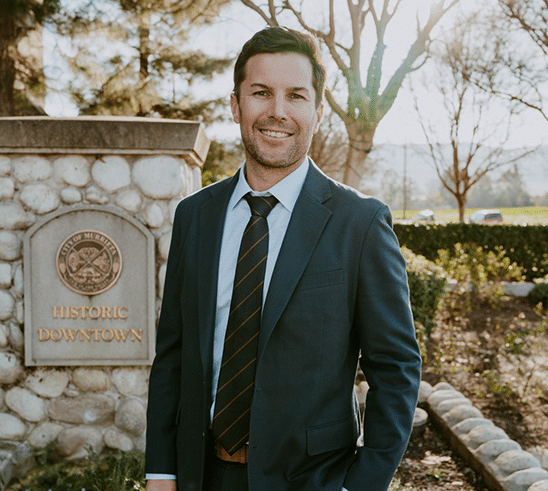

Checkpoints are unlawful under the Fourth Amendment unless the government proves the checkpoint meets the rigid guidelines given by the California Supreme Court in Ingersoll v. Palmer. There, the Supreme Court concluded that sobriety checkpoints may be used if operated in a manner “consistent with the Federal and state Constitutions.” What the Federal and California Constitutions require (among other things) is:
- Decision Making at the Supervisory Level: Officers in the field at the checkpoint should not have unbridled discretion to stop any car. A neutral formula should be used to stop a vehicle (i.e., every 3rd car is stopped).
- Limits on Discretion of Field Officers: Field officers should not have unbridled discretion to stop any vehicle they wish.
- Reasonable Location: The specific location must be shown to be one that has a high incidence of alcohol related accidents and/or arrests. A location such as a major roadway cannot be selected simply by finding that there is a lot of drinking and driving occurring because of some event on which people tend to consume alcohol.
- Time and Duration: Detentions at checkpoints must be no longer than necessary. People sent to “secondary screenings” without suspicion have potentially been unlawfully detained.
- Advanced Publicity: Advanced publicity alone will not render an otherwise proper checkpoint unconstitutional, but is a factor to be considered and may tip a suspect checkpoint towards the unconstitutional region.
Many people were stopped and investigated for DUI this weekend after leaving the Temecula Balloon & Wine Festival. Not all were arrested for DUI.
If you were stopped at a DUI checkpoint, speak to a DUI attorney familiar with the laws regarding DUI checkpoints. The government is required to prove the constitutionality of the checkpoint they used to detain you. This may be a defense to a DUI charge.
Remember, DUI checkpoints are much different than typical DUI stops. Normally, the police are required to observe some traffic violation in order to detain you. DUI checkpoints are suspicion-less detentions of mostly law-abiding citizens.


